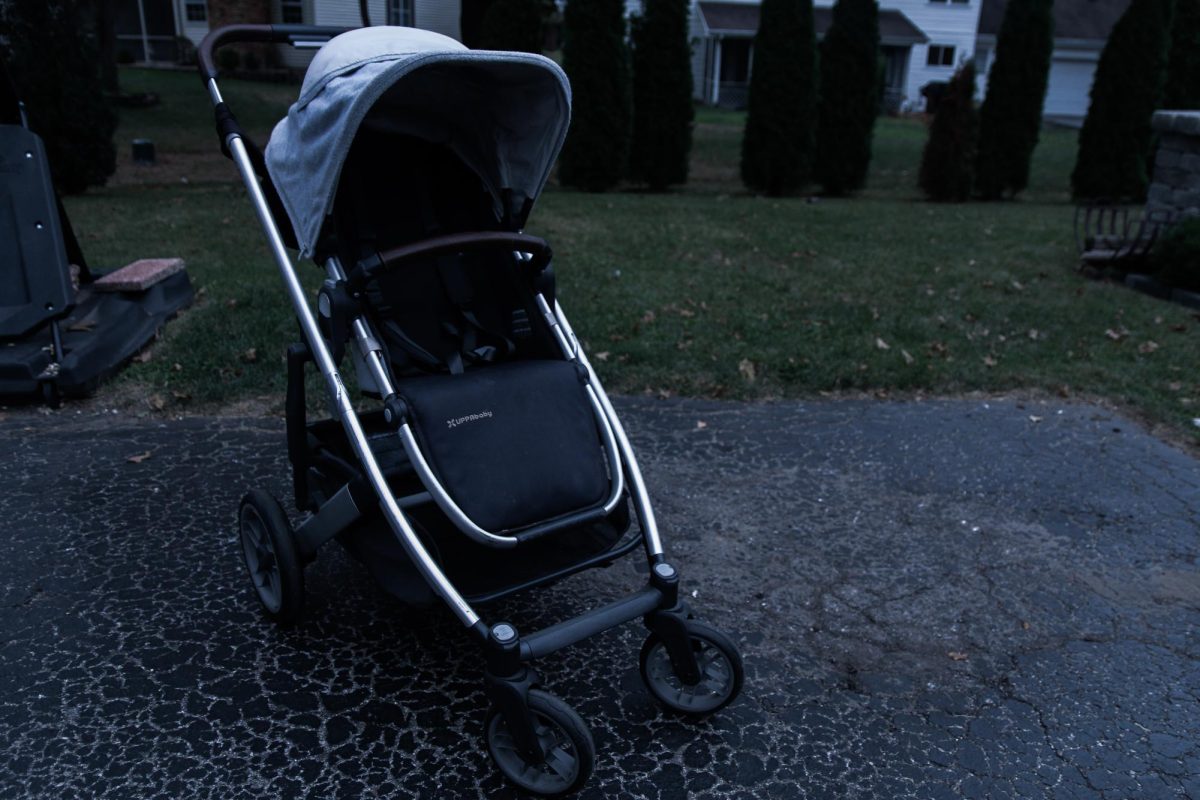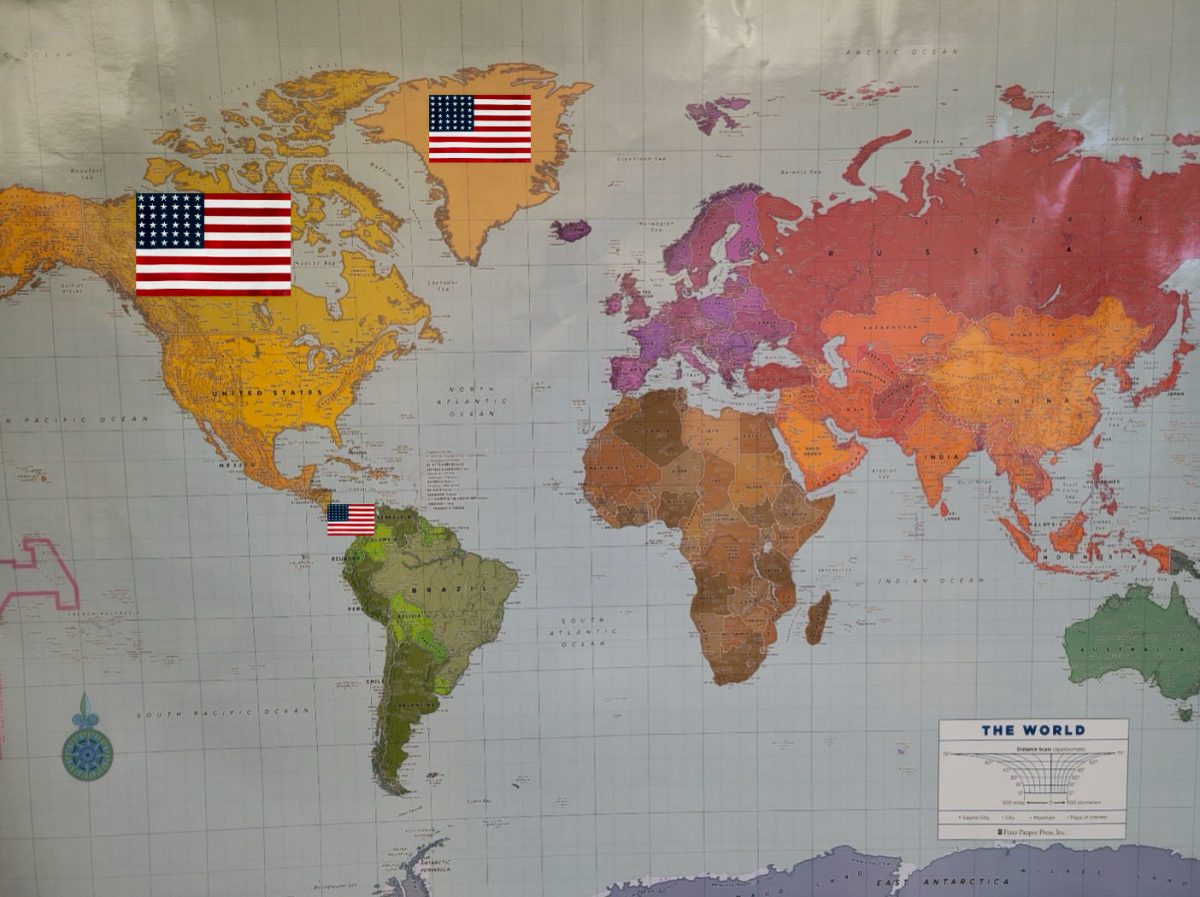Government officials in Beijing have recently stated that they will no longer be sending children to other nations for adoption. The only exception is for those adopting the children or stepchildren of relatives in China.
According to an article by Reuters, Mao Ning, deputy director of information at the Chinese Ministry of Foreign Affairs, announced:
“Apart from the adoption of a child or stepchild of blood relatives of the same generation who are within three generations of foreigners coming to China to adopt, China will not send children abroad for adoption’ ”
Not only does the cancellation stop foreigners from adopting from China in the future, but it also has stopped all ongoing adoption processes. Being left in limbo on what will happen to their adoptive children has caused great distress to these families as NPR found in an interview with one of the families that was affected:
“Aimee Welch from Louisville, Ky., was weeks away from traveling to China to adopt a 6-year-old girl when COVID hit in March 2020. She was hopeful that her chance to adopt would come soon, given that just last year, some families were able to move forward with their adoption process. After years of waiting, Welch said this week felt like a gut punch.”
In addition to China’s changes, this year Norway, Denmark, and Sweden have halted international adoption within their borders. After recent investigations have shown that there has been widespread abuse of the system, these countries have decided the best course of action to protect children was to stop it entirely. These nations’ alterations were likely what Mao Ning was referring to when she said China was changing in line with global trends.
In an update from Light of Day Stories,
“Norway, Denmark, and Sweden have all moved toward banning international adoptions, primarily due to fraud and corruption[…] The reasons for [Norway]banning these adoptions are concerns about children being trafficked stolen and being given false birth certificates[…] Denmark also announced this week that its only international adoption agency would be closing, according to Euronews, ‘after a government agency raised concerns over fabricated documents and procedures which obscured children’s biological origins abroad’[…] Sweden ended adoptions from South Korea in November, citing falsified documents.”
According to a report from Reuters,
“On Thursday, Foreign Ministry Spokeswoman Mao Ning said the Chinese government had adjusted its cross-border adoption policy to be “in line” with international trends.”
Now that the termination of international adoption in Europe has spread to Asia, only time will tell if these are isolated changes or a representation of change in the global attitude of multinational adoption.









